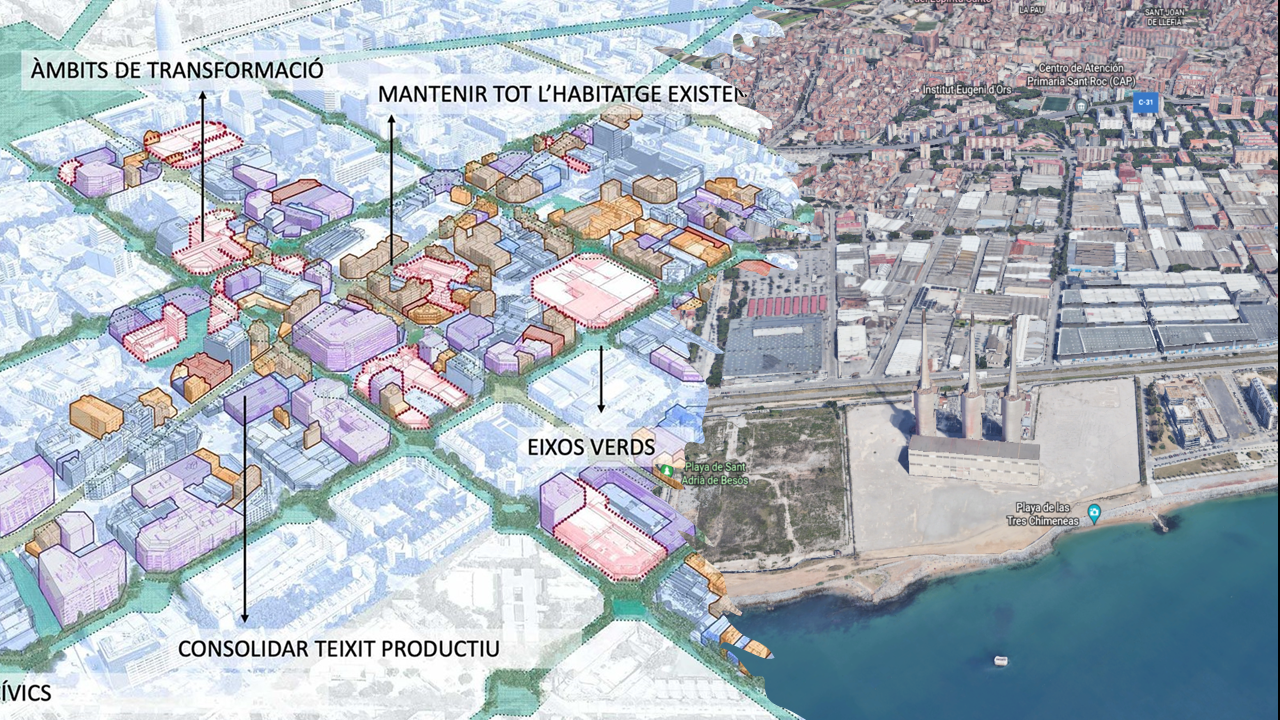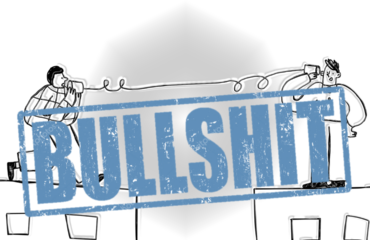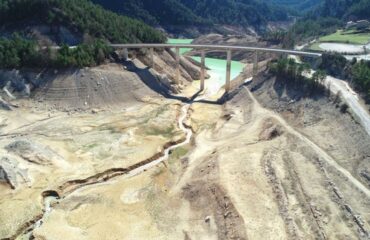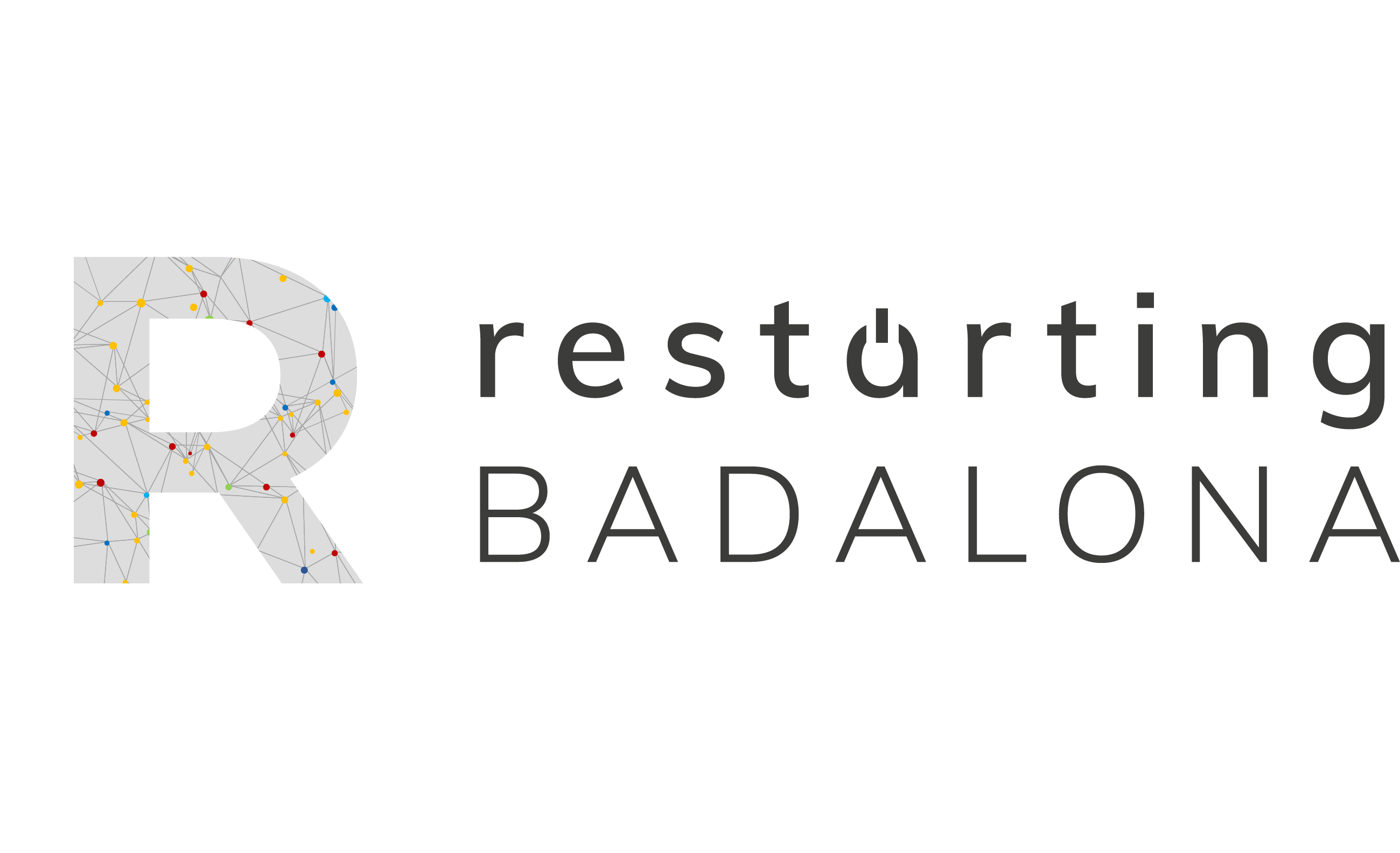
“Bajo las once plantas del que fuera el edificio industrial más alto de Europa a principios del siglo XX, cerca de un millar de estudiantes diseñan el futuro de Siemensstadt, uno de los once barrios industriales que mutaran en distritos digitales para revolucionar la geografía de Berlín. El denominado proyecto Zukunftsorte tejerá una red de negocios y ciencia que en 2035 habrá atraído hasta la urbe a 2.200 compañías, será la sede de 42 instituciones científicas y generará 62.000 puestos de trabajo”.
“La compañía aporta 600 M€ al proyecto, que se completan hasta con 4.000 M€ de inversión pública para transformar un barrio con 125 años de historia”.
These paragraphs can be read in the edition of Monday, October 17 of this year in Expansión.
Why do I highlight them? Well, because we realize that the world turns and that we were the first, or among the first -in the world-, to see that the trend of “digital” districts would grow and that it should be, and is, a reason for collective pride to have came out ahead on 22@.
If a German newspaper from many years ago had echoed the project that Barcelona has made a reality, it is likely that it would also contain objectives that have not been met here. It is normal. But that what happened in Barcelona was visionary is a fact, and that is how we should perceive it.
A few weeks ago, I was commenting with one of the reference public managers in the metropolitan area about the absence of large projects that I have missed in recent years. He told me that, certainly, due to a combination of factors, the drive, audacity and ingenuity to create powerful urban renewal projects have disappeared, but he told me about one, good enough, which is and will be –I hope– that of the Three Chimneys. Presented recently, I experienced it when it was in its infancy, with a mayor –of Badalona– who has ended up opposing it when she has ceased to be so, for reasons that suggest only an electoral interest. But water passed mill not in mol.
La raíz del problema no está en la lack of ideas, but in the corsets that we have self-imposed with the regulation
The relevant thing is that we have a project ahead of us, which will be good for all of Besòs and that they don’t have in Baix. Beyond the houses, many or few, public or private, the important thing about that piece of country is that there will be meters for economic activity, and the will to make a meeting point for the audiovisual value chain. They call it a hub and it is an aggregation of lifelong activities. And it makes me happy to have participated and to see that, in fits and starts, perhaps in 10 years Catalonia will have a district, a space, like the one represented by 22@ and that now the Berliners want to get ahead.
Because sometimes, although it may not seem like it to us, we are among those who go first. And that, this trait, we should not lose it. That’s why more big projects are needed. Identifying them, knowing that they are only possible if “the market” considers them possible and that the intersection between public and private interest is the key to making them a reality. In addition, we must turn around the regulation that narrows urban planning in Catalonia. There is not, I assure you, public servants who work more than those who watch over urban planning projects. There may be those who work the same, but there is no one who does it more. What happens to them, and it happens to them a lot in recent years, is that there are so many bureaucratic screens to go through that making a plan come true is getting closer and closer to the fiction of the squid game.
In uncertain times, we cannot continue to be bound by mistrust. For this reason, mayors such as Marta Farrés, from Sabadell, wrote that changes are needed in the contract law so that the investment projects that the municipalities have can be carried out when it is time to do so. That practice – which was mocked – of the four years of municipal mandate, where it was said that the first year was to plan, the second and third to hire and do and the fourth to inaugurate, is over. These deadlines have at least doubled. And when we talk about urban planning, they can triple.
The root of the problem is not in the lack of ideas, but in the corsets that we have self-imposed with a regulation that only satisfies those who would never want anything to happen, and thanks to whom, if it depended on them, we would have neither 22@ nor audiovisual hub.
Ferran Falcó, president of the Restarting Badalona association



